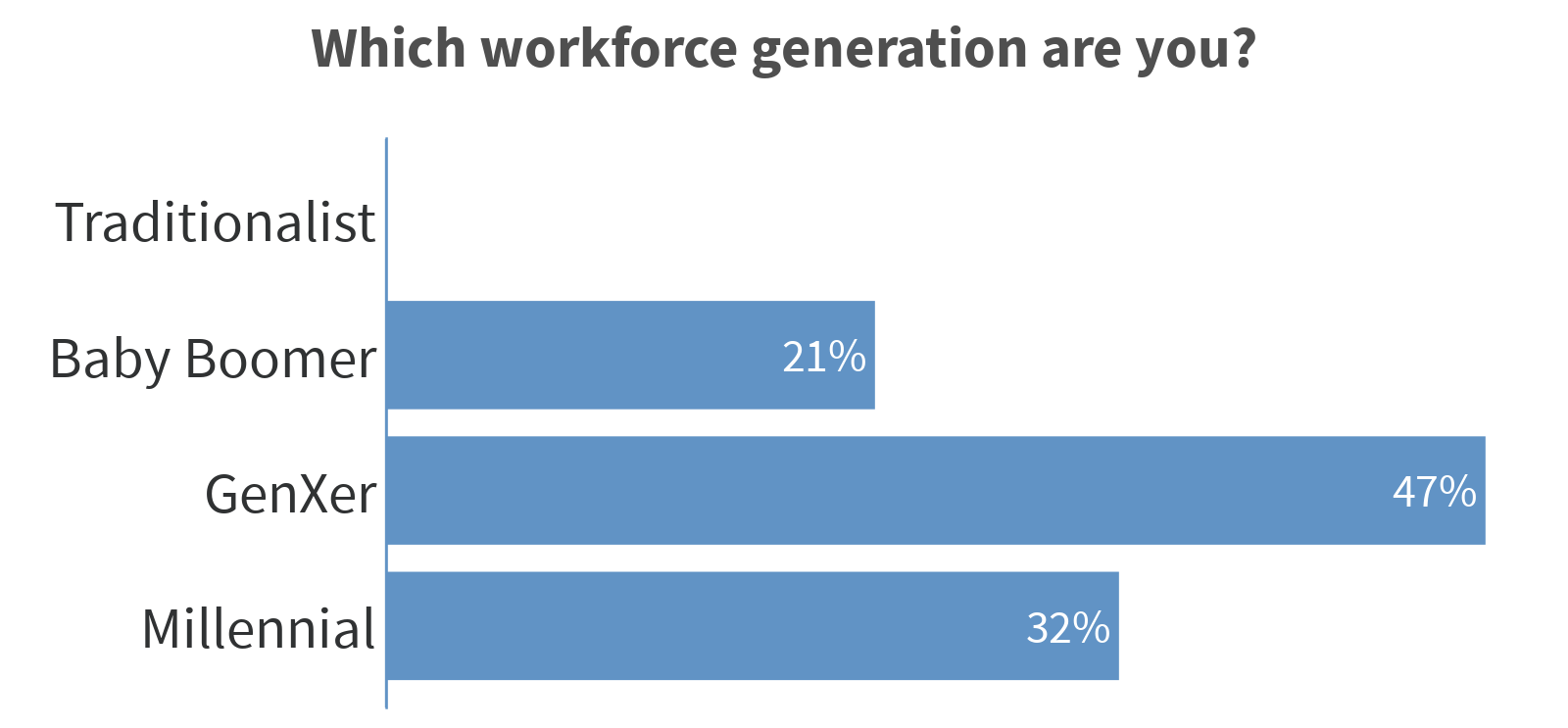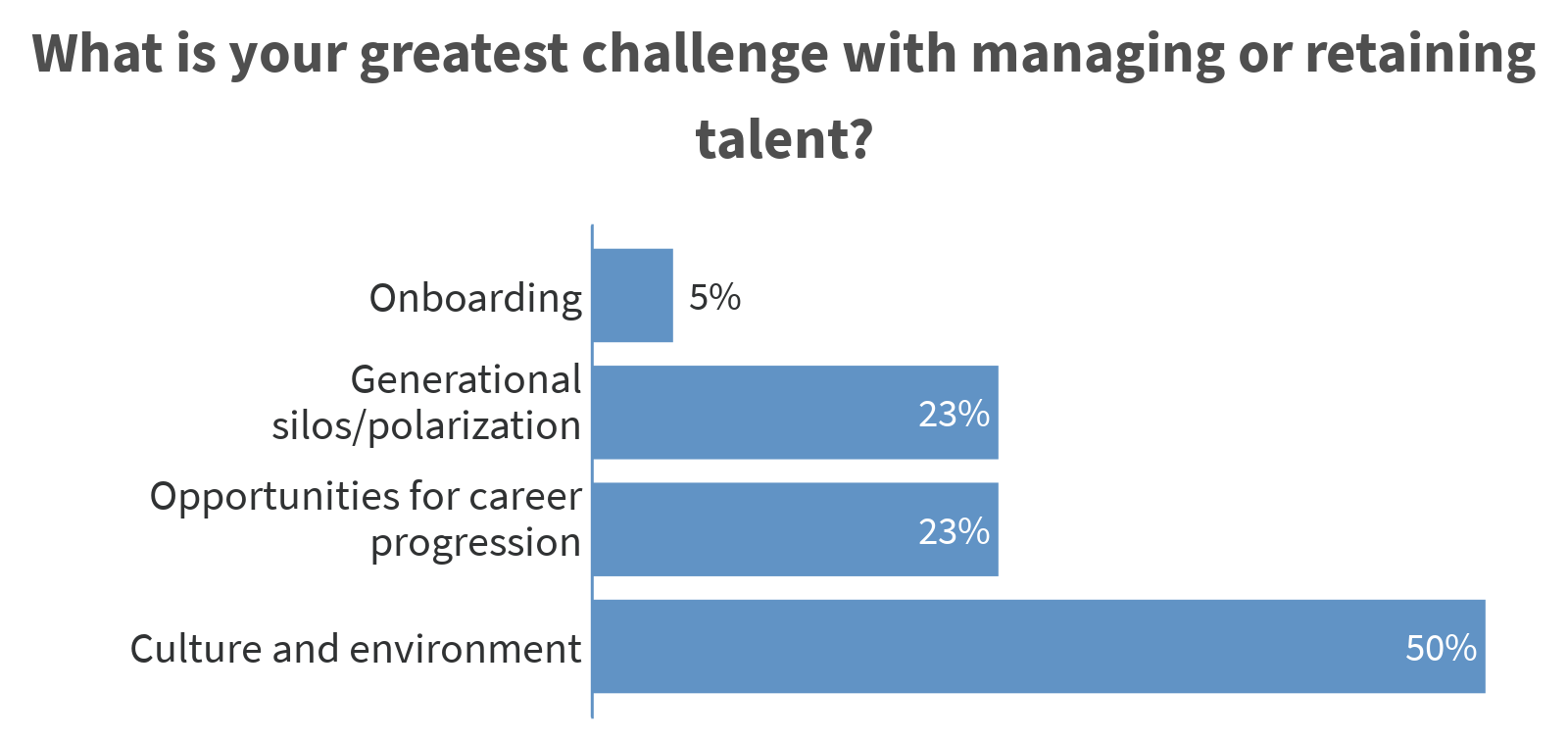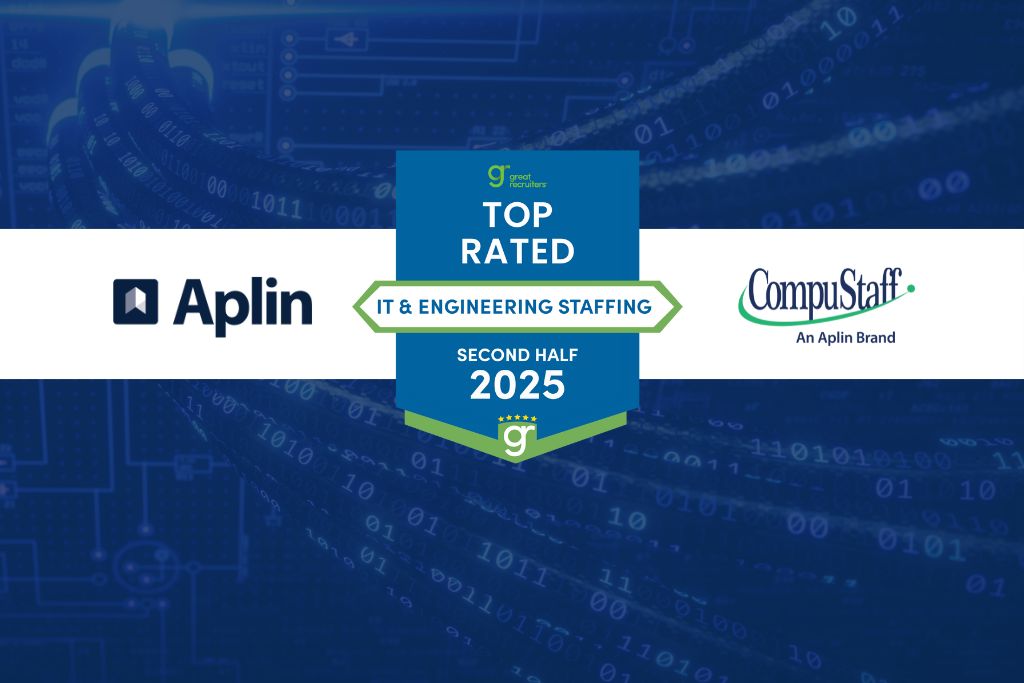How to Manage a Multi-Generational Workforce Effectively
December 17, 2019
Share This Article
Today’s workforce, for the first time in history, spans five generations: The Traditionalists, Baby Boomers, Gen X, Millennials (Gen Y), and Gen Z. And when we enter uncharted territory, this brings on an abundance of brand-new challenges.
Leaders and managers are asking many valid questions: how can they maintain productivity and a positive work environment when their employees span generations, all with different needs and goals? Not only is the issue at hand how to attract and motivate them at work, but retaining these employees requires unique strategies for each group.
In Canada, 82% of the current workforce comprises the three larger generations; the Boomers, the GenXers, and the Millennials. Being in such varying phases of their lives, all these generations have very different working styles, career ambitions, and motivators. Leaders need to consider where these employees are in their lives and their long-term goals career-wise. The Harvard Business Review advises that it is the manager’s job to help employees recognize that they bring different things to the table with distinct sets of skills.
Understanding what motivates each generation is critical to effective management. Inspiring innovation among your employees and creating a culture that supports it can help drive business growth. Let’s dive more deeply into each generation to identify what motivates them and how you can retain them.
Baby Boomers
About 50% of the working Baby Boomers currently hold positions of leadership. This generation is quite competitive in the workplace, and they have a strong passion for adding value and sharing their knowledge. Boomers, the eldest of their teams, want respect for their tenure and expertise. With many Boomers heading for retirement, employers must be prepared to fill the large gap they’ll leave behind.
Boomer Motivators
- Benefits and rewards
- Peer recognition
- Financial security
Retaining Baby Boomers
- Use mentoring programs to transfer knowledge
- Make your workplace more accommodating
- Offer post-retirement opportunities
Generation X
GenXers are today’s leaders, with companies utilizing this generation to gain a competitive advantage. Known to be knowledge experts and bearers of many skills, this group is forging digital transformations within organizations. But they are a frustrated group. With many Baby Boomers clinging to their jobs and postponing their retirement, GenXers are now competing with and even being leapfrogged by eager Millennials regarding career advancement.
Gen X Motivators
- Independence
- Flexibility
- Development opportunities
Retaining Gen Xers
- Let them be leaders
- Show them the route to the top
- Encourage entrepreneurial instincts
Millennials (Gen Y)
The millennial generation, also known as Gen Y, is now the largest in the North American labour force. This generation is all about finding a fulfilling career of meaningful work. But they are also known for job-hopping. A survey approximated that 41% of millennials expect to remain at their current jobs for just 2 years or less. If they aren’t satisfied with where they are, they can quickly make a move. Since the Millennials are a sizable generation, attracting and onboarding them will require effort. But the biggest challenge of all is retaining them.
Millennial Motivators
- Meaningful work
- Feedback
- Results-based flexibility
Retaining Millennials
- Highlight your company’s social impact
- Provide them with mentorship opportunities
- Explain the big picture
The next generation of workers: Gen Z
Gen Z has just begun entering the workforce. Currently, the eldest of this group are only in their early twenties. Since this generation has only started working, there isn’t much research available to truly understand exactly how they will impact the workplace and what will become most important to them in their careers. But we do know quite a bit about how to attract them.
Gen Zers are financially motivated, but the purpose behind the work is far more important to them. They won’t work for companies that are solely focused on the bottom line. This generation is also very aware of social impact. Making an impact on a global scale is very important to Gen Z talent. According to Forbes, 65% of Gen Zers want to personally create something world-changing, and they are seeking out workplaces that will embrace and empower their inventive spirit. Be sure to brand your cause to help attract talent from this group.
This generation is all about innovation. They expect hyper-customization in every interaction with a brand. A new trend in attracting Gen Z is through phygital marketing; the blending together of digital and physical experiences. Examples could be integrating social media or incorporating virtual reality into real-life customer encounters.
Why your company’s culture and environment matters
To attract, effectively manage, and retain multi-generational talent, starting with your company’s culture is imperative. At the Future of Manufacturing conference in Toronto this past October, David Aplin Group Principal, Chris Roach, live polled an audience of HR professionals, asking which generation they were and what their greatest challenge is when managing and retaining talent. 47% of the professionals in the room were GenXers, and 50% cited culture and environment as their greatest challenge.


As Richard Branson once said, “Take care of your employees. They’ll take care of your business.” An environment that promotes opportunities, well-being, and appreciation and celebrates successes can go a long way to sustaining happy employees. Your company’s culture is what supports your business strategy and key priorities, enhancing staff performance. According to research by Deloitte, “organizations that create a culture defined by meaningful work, deep employee engagement, job and organizational fit, and strong leadership are outperforming their peers and will likely beat their competition in attracting top talent.”
Creating synergy among a multi-generational team
The best way to create synergy among your multi-gen teams is to utilize everyone’s varying abilities and recognize everyone’s goals. A ‘one size fits all’ management style won’t work with multi-generational employees. Sharing your organization’s vision and mission of purpose will put meaning behind the work and will help your employees understand why their job is important on a larger scale. This will create motivation and team comradery. Ask your employees what motivates them, don’t assume you already know.
It’s essential to be aware of any generational tensions among your teams. Avoid reinforcing generational stereotypes by encouraging generation-based affinity groups. Trying reverse mentorship programs and building mixed-age teams to help them share their knowledge can be greatly beneficial. And remember to provide rewards and benefits and always encourage work-life balance. Ensure your company incentives resonate with your employees by making it about where they are in their lives.




